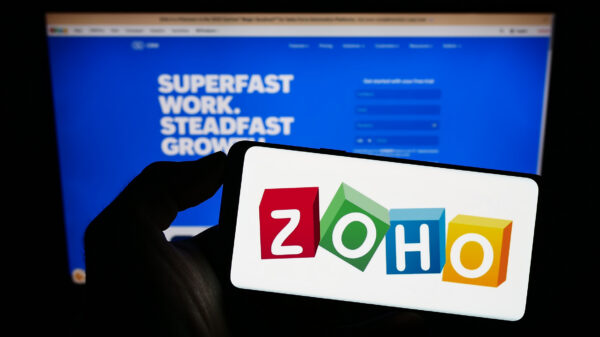
Choosing the right CRM is crucial for small businesses aiming to enhance customer relationships, streamline sales, and improve team collaboration. Zoho and Salesforce are two of the most popular options, each offering unique features and benefits. Here’s a side-by-side comparison to help you decide which is the better fit for your business.
1. Cost and Affordability
- Zoho CRM:
- Affordable pricing tailored for small businesses.
- Plans start at $14/user/month (billed annually) for the Standard plan, with a free plan for up to 3 users.
- Includes essential features even in lower-tier plans.
- Salesforce Essentials:
- Designed for small teams with a starting price of $25/user/month (billed annually).
- Offers enterprise-grade features but at a higher cost compared to Zoho.
Verdict: Zoho is more budget-friendly, especially for startups and small teams.
2. Features and Functionality
- Zoho CRM:
- Strong focus on automation and custom workflows.
- Includes AI-powered tools like Zia for predictions and insights.
- Multi-channel communication support (email, phone, social media).
- Salesforce Essentials:
- Robust features such as advanced reporting, forecasting, and AI-powered analytics (Einstein AI).
- Excellent customization options for tailoring the CRM to business needs.
- Extensive app marketplace for integrations.
Verdict: Salesforce offers more advanced features, but Zoho provides ample tools for small businesses without overcomplicating workflows.
3. Ease of Use
- Zoho CRM:
- Intuitive interface with minimal learning curve.
- Ideal for teams new to CRM systems.
- Salesforce Essentials:
- Steeper learning curve due to its comprehensive features.
- Best for businesses that can invest time in training.
Verdict: Zoho is more beginner-friendly, while Salesforce requires more effort to master.
4. Scalability
- Zoho CRM:
- Offers a range of scalable plans to support growing businesses.
- Suitable for small to mid-sized teams.
- Salesforce Essentials:
- Highly scalable, with the option to upgrade to enterprise-level solutions.
- Suitable for businesses planning to expand significantly.
Verdict: Salesforce is better for long-term scalability, while Zoho is perfect for small businesses with steady growth.
5. Integration and Ecosystem
- Zoho CRM:
- Seamless integration with other Zoho apps (Books, Projects, Inventory).
- Supports third-party integrations like Zapier, Slack, and Google Workspace.
- Salesforce Essentials:
- Extensive AppExchange marketplace with thousands of integrations.
- Strong ecosystem for connecting various business tools.
Verdict: Salesforce has a more extensive integration ecosystem, but Zoho’s integrations are sufficient for small businesses.
Conclusion
- Choose Zoho CRM if: You’re a small business on a tight budget and need an easy-to-use CRM with essential features and automation tools.
- Choose Salesforce Essentials if: You want advanced capabilities, scalability, and don’t mind a steeper learning curve or higher investment.
For more details:
Both options are excellent, but the right choice depends on your business’s current needs and long-term goals.
